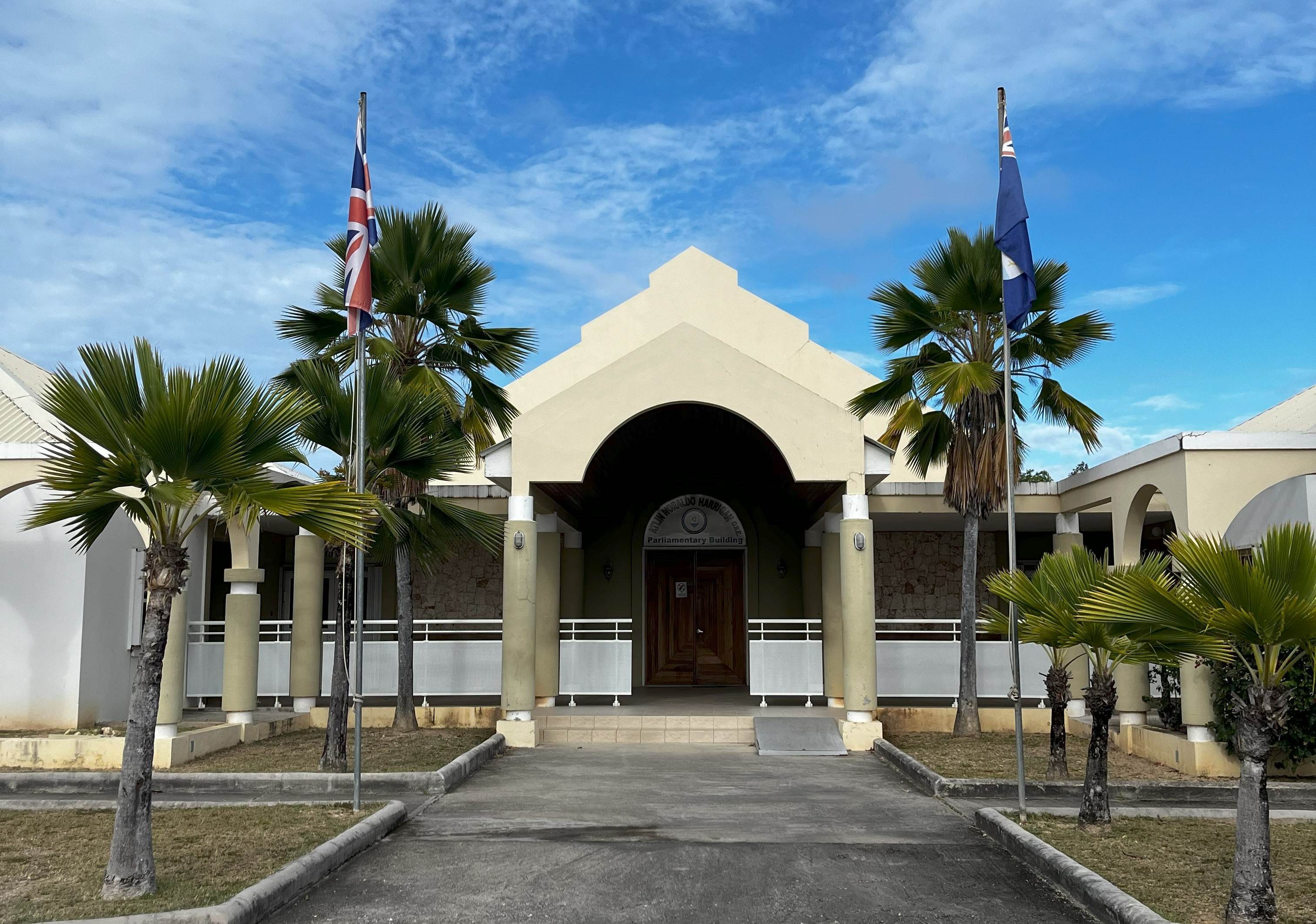
Detention in the Commonwealth: Increasing numbers, decreasing rights
This blog is part of the CPA’s blog series, ‘75 years of the Universal Declaration of Human Rights and its impact on the Commonwealth.’ The series was published to mark UN Human Rights Day 2022. You can find all the articles in the series here.
In this blog, Madhurima Dhanuka from the Commonwealth Human Rights Initiative writes about safeguarding the rights of the increasing numbers of people held in detention across the Commonwealth.
‘Dignity, Freedom and Justice for All’ is this year’s International Human Rights Day slogan. However, for the 1.7 million prisoners incarcerated across the Commonwealth these words hold little meaning. With average prison occupancy levels reaching 138% and a prisoner population that has seen an increase of nearly 40.8% since 2000, clearly prisons are a problematic link in the criminal justice systems across the Commonwealth Member States.
A closer look at prisoner statistics reveals one of every three persons detained across the Commonwealth is yet to be convicted. In 18 of its 56 member states, pre-trial detainees constitute more than half of the total prison population. In some countries these figures are as high as 80%. This means thousands of persons, accused of crimes, end up spending years in detention awaiting the conclusion of their trial. All this, even when the presumption of their innocence is affirmed by numerous international covenants as one of the most fundamental of human rights principles.
To understand the underlying causes of this disturbing trend, we at the Commonwealth Human Rights Initiative - a Commonwealth accredited organisation - conducted a comparative analysis of the existing legal and policy frameworks related to detention across the Commonwealth. Our report - ‘Guilty till Proven Innocent? Safeguarding the Rights of Pre-Trial Detainees Across the Commonwealth’, launched at the Commonwealth People’s Forum organised during the 2022 Commonwealth Heads of Government Meeting held in Kigali, Rwanda, in June earlier this year, reveals some interesting insights into the possible reasons for this interlinked phenomenon of expanding numbers of pre-trial detainees and diminishing protection for their rights.
Foremost, we find, despite strong constitutional guarantees of legal representation and a fair trial – complementary statutory provisions to enforce these guarantees remain largely absent. For instance, in as many as 34 Member countries, the respective Constitutions affirm the right to legal representation, but there are no consequences if an accused goes unrepresented during trial. This means that criminal proceedings continue even in the absence of a lawyer to defend the accused in court. Additionally, provisions for state-funded legal aid are limited and inadequate. Further, not all countries ensure the rights of arrested persons to be informed of their civil rights are protected - in several jurisdictions the mode of conveying information about the rights to the accused is verbal – making it extremely difficult to enforce or verify.
Looking at the legality of arrests, only a handful of countries (for example Rwanda and South Africa) provide specific language in their criminal procedure laws to define illegal arrests. Others merely outline what constitutes lawful arrest procedures implying that any arrests made to the contrary are unlawful. Additionally, the remedies against illegal arrests are not defined by law in most jurisdictions, which presumably means that there are no consequences entailing an arbitrary arrest.
Even in terms of the review of arrests, once arrested, the time within which a person is brought before a judge or competent authority varies considerably from 6 hours (New South Wales, Australia), to 24 hours (15 countries), to 48 hours (17 countries), to 72 hours (4 countries) and even as long as 7 days. A few jurisdictions in the UK and Australia present interesting models where arrests are reviewed by senior police/custody officers every few hours until the review is conducted by a judge.
Our comparative analysis throws open many opportunities to institute reforms that can improve considerably rights protection for those incarcerated. This includes emulating interesting legislations such as Lesotho’s Speedy Court Trials Act 2002; Cyprus’s Rights of Suspects, Arrested Person and Persons in Custody Law, 2005; Australia’s Police Powers and Responsibilities Act, 2000 (Queensland), which provide specific language that aims at safeguarding the rights of persons coming in contact with the criminal justice system. While the implementation of these provisions has not been assessed, robust legal provisions themselves are vital in safeguarding rights of those arrested and detained.
However, it is not just for governments to take prompt measures to review existing laws. Such reform measures can be instituted only when Parliaments incorporate safeguards essential for protecting the human rights of those in detention. Parliamentarians must act as the representatives of those in detention as well, legislating reform measures and scrutinise governmental actions. They must monitor and review transparency and accountability mechanisms within the criminal justice system, critiquing systems where necessary and driving sustainable reforms. Only then can dignity, justice and freedom for the unduly incarcerated be attained.
Thus, this Human Rights Day 2022, CHRI urges Members of Parliament across the Commonwealth to:
- Review prison population trends in their respective countries, and where there is severe overcrowding or a high proportion of pre-trial detainees jammed into prisons, take necessary measures to address the situation;
- Analyse their legal frameworks and ascertain that all necessary safeguards for pre-trial detainees are clearly outlined, and appropriate remedies to compensate unlawful detentions made available.
Further reading:

- CHRI report - 'Guilty till Proven Innocent? Safeguarding the Rights of Pre-Trial Detainees Across the Commonwealth’ by Madhurima Dhanuka, Programme Head, Prison Reforms Programme, Commonwealth Human Rights Initiative
ENDS
This UN Human Rights Day blog series highlights three different perspectives on human rights in the Commonwealth. Read the rest of the series now.



